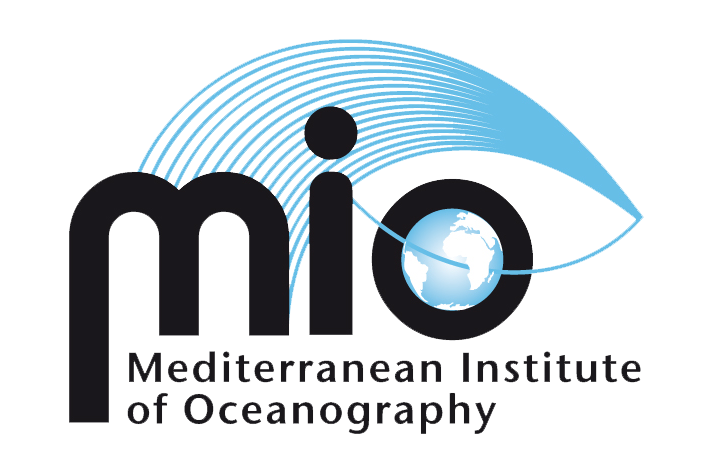Tsunamis: Historical events, generation process and impact on society conference given by Stéphane Grilli invited by the MIO, March 03 at 14h amphi X300, Campus de la Garde de Toulon
Tsunamis: Historical events, generation processes and impact on society
Stephan Grilli,
Professor at the University of Rhode Island (USA)
Abstract :
Tsunamis are highly destructive natural disasters, both to human life and infrastructure. They can impact coastal areas worldwide, which are increasingly developed. The most dangerous ones in modern history were caused by large earthquakes along the Ring of Fire: in Chile in 1960 (magnitude M9.5), in the Indian Ocean in 2004 (M9.2) and in Japan in 2011 (M9.1). However, tsunamis caused by volcanic events or submarine landslides have also been very destructive, such as Krakatoa in 1883 with more than 30,000 deaths and Papua New Guinea in 1998 with more than 2,000 deaths.
This conference presents the results of 25 years of study, by the author and his collaborators, of tsunamis from various sources (earthquakes, landslides, volcanic eruptions), their numerical modeling and impact studies for coastal areas and society in general. In addition to the historical events mentioned above, we will also discuss some recent events, such as Anak Krakatau in 2018, Palu in 2018 and Tonga in 2022, as well as simulated hypothetical events that allow the development of inundation maps of potential tsunamis.
NB: the lecture will be given in French, as Professor Grilli is perfectly bilingual.
Biography:
Professor Stéphan Grilli is currently on a one-semester academic stay (January-June 2022) at the University of Toulon, on the Tocqueville Chair of the Fulbright Franco-American Academic Exchange Program. He works with the Mediterranean Institute of Oceanology (MIO) on modeling and radar remote sensing of extreme coastal events such as tsunamis. He also gives a series of specialized courses to SeaTech students on wave modeling.
Professor Stéphan Grilli is a native of Belgium and holds a PhD in Ocean Engineering from the University of Liège (1985). Since 1987, he has spent his career in the United States, where he is now a citizen, at the University of Delaware and then at the University of Rhode Island (URI) in the Ocean Engineering Department. He has received 8 international scientific awards, has been an associate editor of numerous scientific journals and is an elected member of the National Research Council Marine Board of the US Academy of Sciences. He is also an elected member of the NOAA National Tsunami Hazard Mitigation Program (NTHMP) Mapping and Modeling Committee, where he participates in defining methods and standards for tsunami modeling for hazard prevention in the United States. Professor Grilli has authored or co-authored numerous publications in various fields covering wave modeling, wave interactions with oceanic and coastal structures, coastline and sediments, modeling and experimentation of ocean systems including wave and wind energy recovery, tsunami and extreme storm modeling, and remote sensing and measurement of sea states by optical and high-frequency radar methods. He has been a visiting professor in many universities in Europe and has given more than 200 lectures in more than 20 different countries. He has participated in and contributed to many scientific documentaries and films for various media in the USA, France, Japan, Korea and Italy, and his research has been the subject of numerous popular science articles and interviews.

